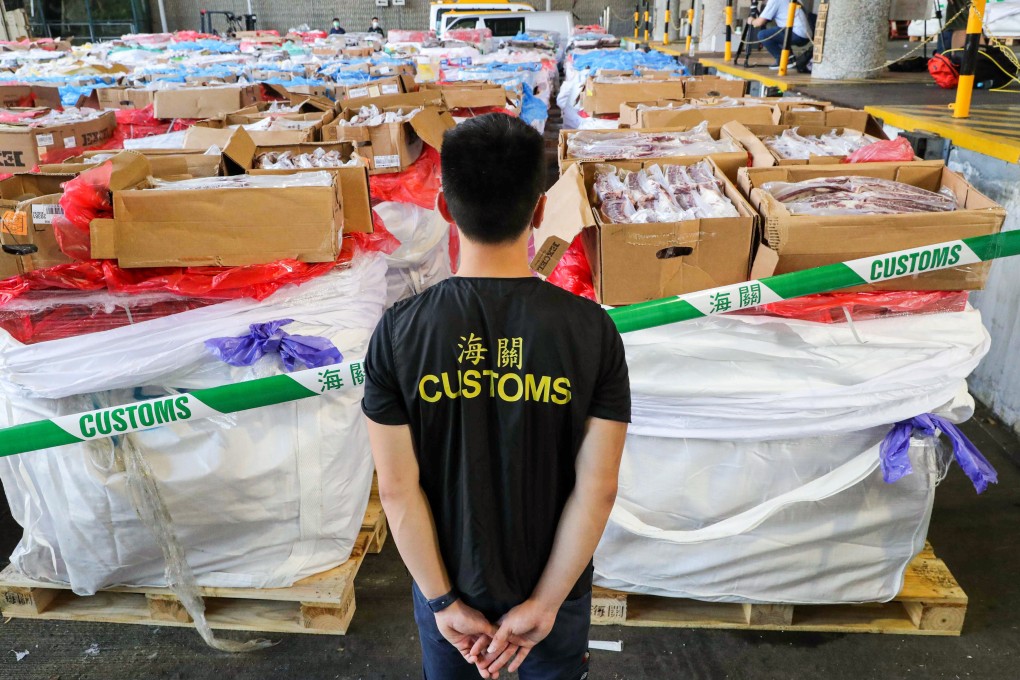Advertisement
Opinion | How Covid-19 is proving a boon for criminal networks’ illicit trade, endangering international security
- As the pandemic forces more people to go online for their needs, the black market trade – particularly in drugs, alcohol and tobacco – has boomed, causing untold harm to consumers and losing governments millions in critical revenue
Reading Time:3 minutes
Why you can trust SCMP

While communities and economies around the world confront the lethal effects of Covid-19, another pandemic, in illicit trade, is similarly wreaking havoc on people’s safety and the security of nations.
Prior to the coronavirus, global illicit trade was already booming from an array of trafficking and smuggling crimes. Today’s global illicit markets generate trillions of dollars every year for transnational criminal organisations, complicit corrupt facilitators and other threat networks.
Profitable criminal activities include the trafficking of narcotics, opioids, arms, people, fake medicines, and counterfeit and pirated goods, food fraud, illegal tobacco and alcohol products, illegally harvested timber, wildlife, and fish, pillaged oil, diamonds, gold, natural resources and precious minerals, stolen antiquities, and other contraband.
Advertisement
They are sold on our streets, social media, online marketplaces and the dark web every hour of every day. This illicit trade converges with other crimes that help create a bigger threat. The reasons are clear: if criminals can make money, they will seize every opportunity to do so with no remorse for any harm or deaths caused by fake or tainted products.
Covid-19 has hastened illicit trade across the internet on thriving social media, e-commerce platforms and online marketplaces, alarming law enforcement and broader communities in many parts of the world.

01:22
Indonesia releases 25 green sea turtles rescued from illegal traffickers
Indonesia releases 25 green sea turtles rescued from illegal traffickers
Law enforcement agencies in Europe recently dismantled Encrochat, an illicit network using digital technologies and encryption to create a lucrative criminal marketplace that distributed illicit goods, laundered dirty money and hosted a message board for contract assassinations.
Advertisement
Select Voice
Choose your listening speed
Get through articles 2x faster
1.25x
250 WPM
Slow
Average
Fast
1.25x
